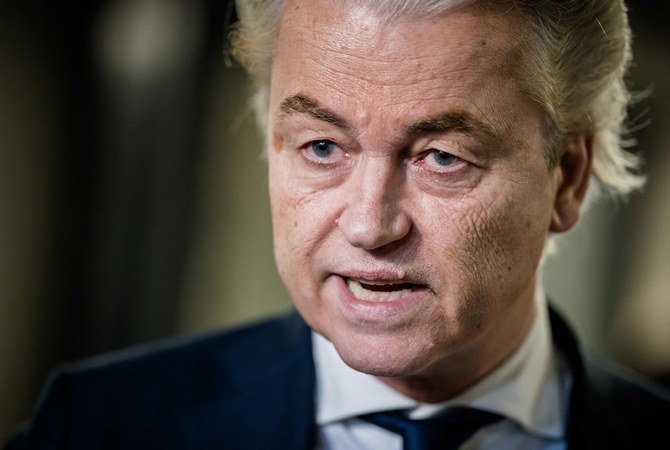In a surprising turn of events, Geert Wilders, the leader of the Dutch far-right, announced on Wednesday that he would not pursue the position of Prime Minister despite his party’s significant victory in the November elections. Speaking on X, Wilders cited a lack of support across the political spectrum as the reason for his decision. He emphasized his dedication to his country and voters over personal ambition, stating, “The love for my country and voters is bigger and more important than my own position.”
Wilders’ announcement came on the eve of an eagerly anticipated report on Dutch coalition talks, raising speculation about the formation of a technocratic government. Kim Putters, overseeing the negotiations, expressed optimism about progress after days of “good and intense” discussions among the bickering parties.
In a social media post on X, Wilders reiterated his desire for a “right-wing cabinet” with policies focused on reducing asylum and immigration, prioritizing Dutch interests.
While details of the potential technocratic cabinet remain uncertain, reports suggest that party leaders may appoint MPs to serve in it, possibly drawing from both within and outside of politics.
Wilders’ Freedom Party (PVV) had initially engaged in talks with various parties following their election win, including the center-right Liberal VVD party, the BBB farmers’ party, and the New Social Contract (NSC) led by Pieter Omtzigt.
However, tensions arose during negotiations, particularly concerning the PVV’s far-right manifesto, which includes controversial proposals such as a ban on mosques, the Qur’an, and Islamic headscarves, as well as a referendum on “Nexit” – the Netherlands leaving the European Union.
The departure of Omtzigt from the coalition talks in February due to irreconcilable differences further complicated the process. However, the appointment of a new mediator, Putters, facilitated a return to negotiations, with discussions now leaning towards a technocratic government.
With Mark Rutte expected to assume the role of NATO Secretary-General, there is urgency for the Netherlands to establish a new Prime Minister. Despite the setbacks, support for Wilders’ PVV has continued to grow, reflecting public frustration with the sluggish pace of negotiations.
In a defiant message, Wilders vowed to become Prime Minister in the future, asserting that the voices of millions of Dutch citizens will ultimately prevail.


